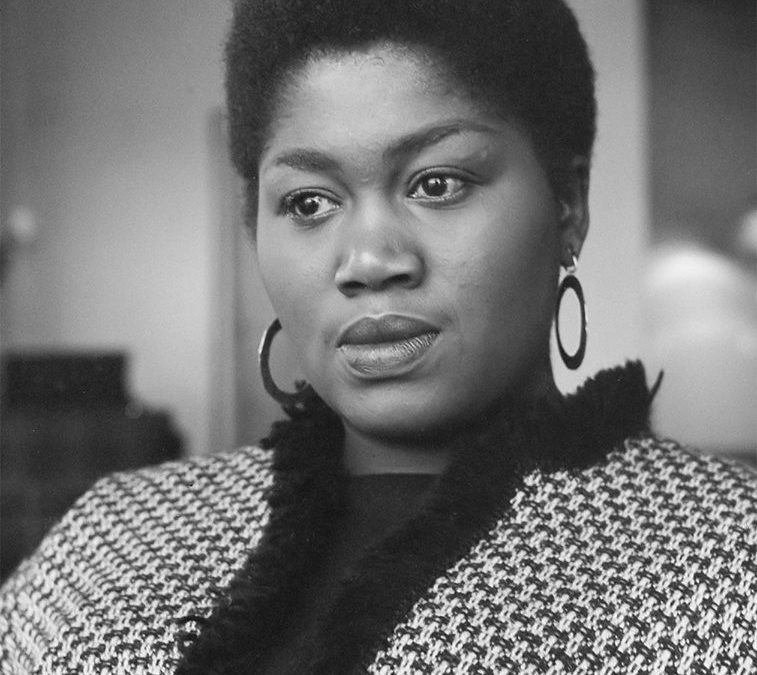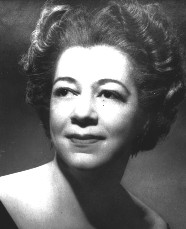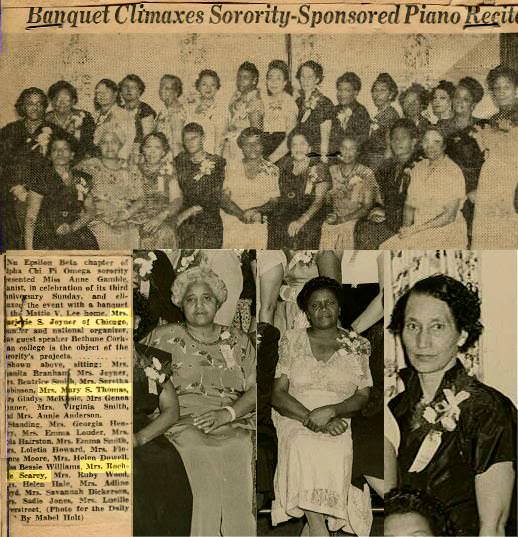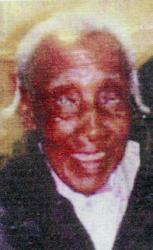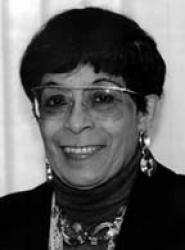GM – FBF – Today’s story sends us back to New Jersey, this artist has produced and sung a lot of hits over her career and we still hear them being played today. Her sister sung and her niece sung and we all know her niece. Enjoy!
Remember – “All my friends and peers keep asking me when I’m going to rest – I just tell them it’s another dirty four-letter word! Dionne Warwick
Today in our History – December 12, 1940 Dionne Warwick was born.
Dionne Warwick sang in a gospel trio before recording her first
hit songs, including “Walk on By” and “I Say a Little
Prayer.” After a lull in her career in the 1970s, her album Dionne (1979)
sold a million copies. She went on to release the albums Heartbreaker (1982)
and How Many Times Can We Say Goodbye? (1983). In 2012, Warwick celebrated her
50th anniversary in the music business with the album Now. She filed for
bankruptcy the following year.
Born Marie Dionne Warrick on December 12, 1940, in East Orange, New Jersey,
Dionne Warwick has enjoyed a tremendously long career as a singer. She comes
from a gospel musical background as the daughter of a record promoter and a
gospel group manager and performer. As a teenager, Warwick started up her
group, the Gospelaires, with her sister, Dee Dee, and aunt Cissy Houston.
After finishing high school in 1959, Warwick pursued her passion at the Hartt College of Music in Hartford, Connecticut. She also landed some work with her group singing backing vocals for recording sessions in New York City. During one session, Warwick met Burt Bacharach. Bacharach hired her to record demos featuring songs written by him and lyricist Hal David. A record executive liked Warwick’s demo so much that Warwick got her own record deal.
In 1962, Warwick released her first single, “Don’t Make Me Over.” It became a hit the following year. A typo on the record led to an accidental name. Instead of “Dionne Warrick,” the label read “Dionne Warwick.” She decided to keep the new moniker and went on to greater chart success. In 1964, Warwick had two Top 10 singles with “Anyone Who Had a Heart” and “Walk On By”—both penned by Bacharach and David. “Walk On By” was also her first No. 1 R&B hit.
More hits, including many written by Bacharach and David, followed as the 1960s progressed. “Message to Michael” made the Top 10 in 1966, and her version of “I Say A Little Prayer” climbed as high as the No. 4 spot the following year. Warwick also found great success with her contributions to movie soundtracks. The theme song for the 1967 film Alfie, starring Michael Caine, was a solid success for her, as was “Valley of the Dolls,” from the 1968 movie of the same name.
In 1968, Warwick had other hits, including her trademark tune “Do You Know the Way to San Jose,” which earned Warwick her first Grammy Award. That same year, Warwick made history as the first African-American woman to perform for Queen Elizabeth II in England.
Warwick reached the top of the pop charts for the first time in 1974 with “Then Came You,” which she recorded with the Spinners. But then Warwick suffered a career slump for several years. In 1979, she made a triumphant return to the charts with the ballad “I’ll Never Love This Way Again.” She also soon became a fixture on television with the music program Solid Gold, which she hosted in the early 1980s. Warwick also had several successful collaborative efforts. In 1982, she made the charts with “Friends In Love” with Johnny Mathis, and “Heart Breaker” with Barry Gibb.
Around this time, Warwick scored one of the biggest hits of her career with “That’s What Friends Are For.” Stevie Wonder, Elton John and Gladys Knight also appeared on this 1985 No. 1 hit, which was an AIDS charity single written by Bacharach and Carole Bayer Sager. “Love Power,” her duet with Jeffrey Osbourne two years later, marked her next major hit.
Warwick encountered some challenges beginning in the 1990s. It was revealed in the late 1990s that she had a lien against her for unpaid taxes. In 2002, she was arrested in a Miami airport for possession of marijuana. She lost her sister, Dee Dee, in 2008, and her cousin, Whitney Houston, four years later. Despite these personal losses, Warwick continued to perform and to record new music.
In 2012, Warwick celebrated her 50th year in music with the album Now. The recording features songs written by Bacharach and David. She once explained her longevity to Jetmagazine, saying, “I really attribute it to remaining who I am and not jumping ship, being completely cognizant of what the people … are accustomed to hearing from me.”
Warwick’s personal life overshadowed her musical talents the following year. In March 2013, she made headlines when she declared bankruptcy. Warwick owned more than $10 million in unpaid taxes, but she stated that she only $1,000 in cash and $1,500 in personal property. According to CNN, her spokesperson explained that her economic crisis was because of “negligent and gross financial mismanagement” during the late 1980s through to the mid-1990s.
Warwick has two sons, David and Damon Elliot, from her marriage to actor and musician William David Elliot. She has worked with both of her sons on different projects over the years. Research more about this great American and share with your babies. Make it a champion day!



